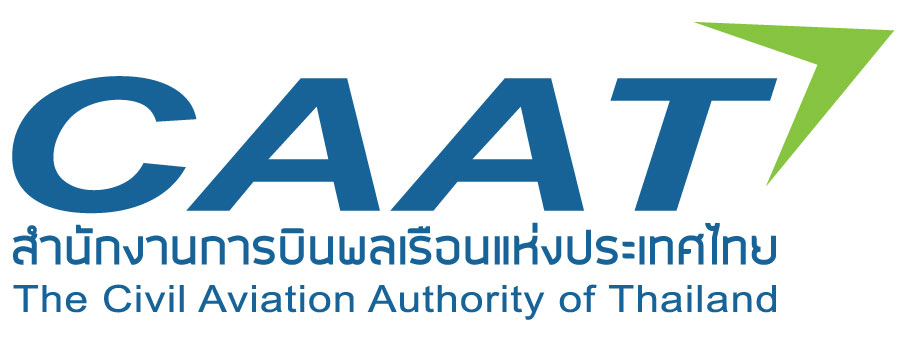2 DETAILS
It has been noted that both migratory and resident bird populations are frequently present in the vicinity of Mae Fah Luang-Chiang Rai International Airport, with their numbers fluctuating throughout the year. Notably, during the winter months (October to March), resident bird populations vary greatly in monthly presence.
2.1 Resident bird species that have potential hazard to aircraft are as follows:
| Species | Weight (KG) | Period |
|---|
| Plain Prinia | 0.007-0.008 | All year |
| Scaly-breasted Munia | 0.013-0.014 | All year |
| Purple Heron | 1.100 | All year |
| Grey Heron | 1.500 | All year |
| Zebra Dove | 0.049-0.060 | All year |
| Red Collared Dove | 0.100 | All year |
| Eastern Spotted Dove | 0.160 | All year |
| Black Drongo | 0.040-0.052 | All year |
| Barn Swallow | 0.015-0.018 | All year |
| Asian Openbill | 8.000 | All year |
| Rock Pigeon | 0.300 | All year |
| Pied Bushchat | 0.014-0.0150 | All year |
| Common Myna | 0.120 | All year |
| White-vented Myna | 0.115-0.120 | All year |
| Pale-rumped Swiftlet | 0.014 | All year |
| House Swift | 0.023 | All year |
| Ashy Woodswallow | 0.040 | All year |
| Lesser Whistling Duck | 0.500 | All year |
| Rufous-winged Buzzard | 0.340 | All year |
| Oriental Honey-buzzard | 1.300 | All year |
| Peregrine Falcon | 1.000 | All year (mostly in November-February) |
| Black-shouldered Kite | 0.300 | All year |
2.2 Migratory bird species that have potential hazard to aircraft are as follows:
| Species | Weight (KG) | Period |
|---|
| Common Sandpiper | 0.040 | August-February |
| Richard's Pipit | 0.018-0.030 | October-April |
| Amur Stonechat | 0.013-0.015 | September-March |
| White Wagtail | 0.018-0.025 | October-February |
| Oriental Pratincole | 0.075 | March-September |
| Common Kestrel | 0.180 | November-February |
| Pied Harrier | 0.350 | October-March |
| Eastern Buzzard | 0.700 | October-February |
| Eastern Marsh Harrier | 0.750 | October-March |
| Black-eared Kite | 0.730 | November-March |
2.3 Wildlife hazards management
Mae Fah Luang-Chiang Rai International Airport implements a variety of measures and activities aimed at mitigating wildlife hazards, primarily through environmental management strategies designed to reduce the attractiveness of the area to wildlife and ensure the safety of aircraft operations. These strategies include regular grass mowing, removal of aquatic weeds from drainage systems, the application of chemical agents to reduce bird food resources, as well as tree trimming and removal to diminish potential breeding and roosting sites for birds in airside.
2.4 Bird strike report
Pilots are essentially requested to report bird strikes to the General Manager of the airport via wildlife hazard control staff as follows:
Phone: +665 378 9164
E-mail: [email protected]
3 CONTACT
For further information contact via the following:
3.1 Unit: wildlife hazard control staff, Airside Operations Division of Mae Fah Luang-Chiang Rai International Airport.
Phone: +665 378 9164
E-mail:
[email protected] 3.2 Unit: Aeronautical Information Service Sub-Division, Airside Operations Division of Mae Fah Luang-Chiang Rai International Airport.
Phone: +665 379 8165
E-mail:
[email protected] 